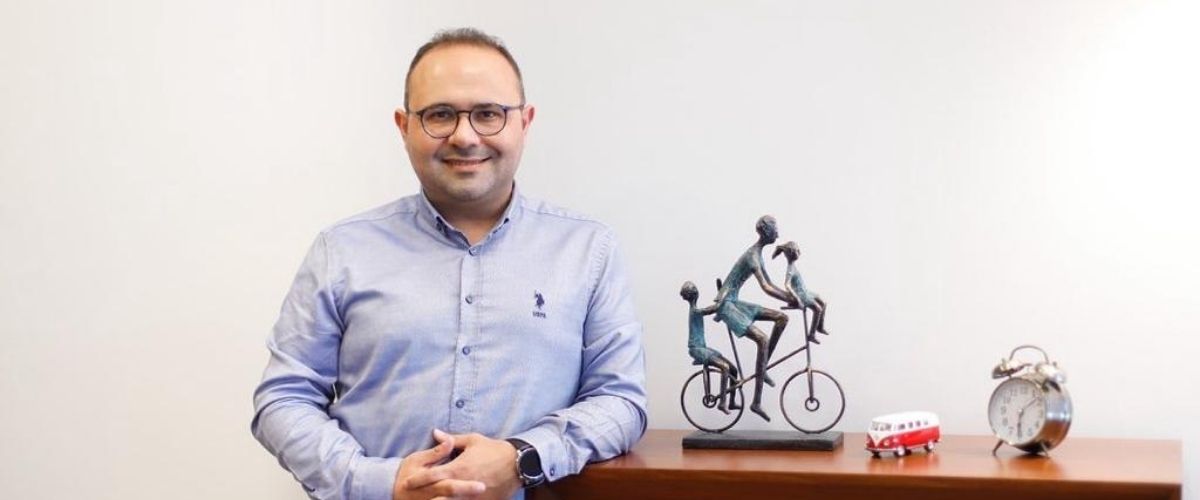Adolescence in the shadow of the digital world
Altınbaş University Faculty of Medicine, Department of Child and Adolescent Mental Health and Diseases, Assoc. Prof. Dr. Süleyman Çakıroğlu discussed the effects of the digital world on adolescence.
Adolescence is one of the most sensitive periods of identity and personality development. In this period, the influence of the digital world leaves deep traces on the thoughts and behaviors of adolescents. Altınbaş University Faculty of Medicine, Department of Child and Adolescent Mental Health and Diseases, Assoc. Prof. Dr. Süleyman Çakıroğlu evaluated these effects and gave important advice to families, educators and policy makers. Çakıroğlu, who recommends a “digital detox” especially during the holidays, drew attention to the importance of spending quality time with children during this period:
“Holiday periods offer an opportunity for children to have a pleasant time and support their personal development. Families should spend more time with their children during this period and do various activities together.”
Digital media and identity development
Assoc. Prof. Dr. Çakıroğlu states that the digital world offers great opportunities for adolescents in terms of obtaining information, participating in communities and expressing themselves, but draws attention to the fact that these opportunities bring serious risks. He states that adolescents face pressure to create a “perfect” image on social media and this can lead to self-confidence problems.
“Adolescents enter a constant cycle of comparison on social media. This can lead to feelings of inadequacy and identity confusion.”
The effects of social media on mental health
Stating that social media can trigger anxiety, depression and eating disorders in adolescents, Çakıroğlu says that such problems have negative effects especially on peer relationships. She also emphasizes that the spread of concepts such as “fear of missing something” (FOMO) in social media increases the time adolescents spend in front of the screen.
Tips for parents for the mid-term break: “Do a digital detox”
Assoc. Prof. Dr. Çakıroğlu emphasizes that the mid-term break offers a renewal opportunity for both children and families and makes the following suggestions:
- Digital detox: Spend time away from digital devices as a family and spend time with physical activities.
- Setting boundaries: Set age-appropriate limits on technology use.
- Open communication: Talk to your children about the content they encounter on social media and try to understand its impact.
Support the process of self-discovery in adolescence
Emphasizing that the digital world and real life experiences should be balanced in the identity development of adolescents, Çakıroğlu makes the following suggestions:
- Goal setting: Talk about children's dreams and goals and support them in making plans.
- Encourage creativity: Help them develop their interests in areas such as art, sports or science.
- Independence and responsibility: Give your children the opportunity to make their own decisions and experience the consequences of those decisions.
The future of digital media and the role of algorithms
Prof. Dr. Çakıroğlu from Altınbaş University argues that digital platforms should be regulated in a way to protect the mental health of adolescents:
“Algorithms should be designed with the mental health of individuals in mind. Social media platforms can provide social benefits by offering more inclusive and realistic content.”
What can be done during the break?
The midterm break provides an opportunity for children to rejuvenate. Here are some suggested activities during this period:
1. Nature activities: Support children's physical and mental development by organizing outdoor activities.
2. Artistic activities: Encourage creativity through activities such as painting, music or crafts.
3. Reading books: Organize reading times with your children.
4. Family activities: Plan activities such as cooking together, watching movies or playing games.
5. Community activities: Develop your children's empathy and social skills by directing them to volunteer activities.
Balance must be maintained
Finally, Çakıroğlu states that it is not possible to completely exclude the digital world: “The digital world should be used as a tool to enhance learning and creativity. However, screen time should be limited and qualified.”



